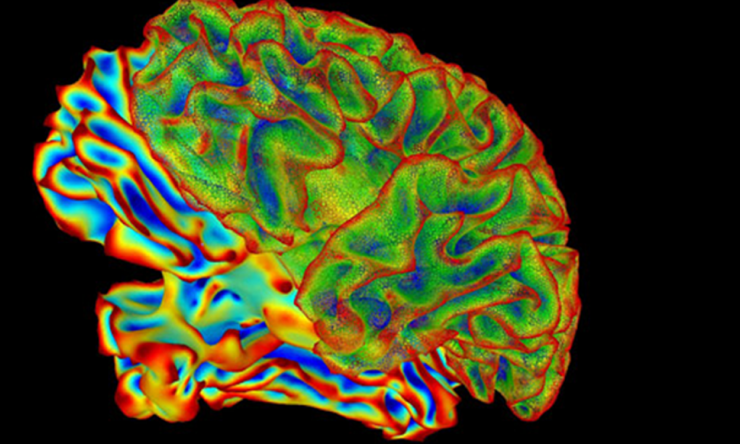Cancer immunotherapy clinical study approved for phase 1
A cancer immunotherapy research group at Baylor College of Medicine has secured Investigational New Drug regulatory clearance through the FDA to perform phase I clinical studies in newly-diagnosed adult patients with glioblastoma (GBM), a highly lethal form of brain cancer with a five-year survival rate of less than 10 percent in most age groups.
The regulatory milestone is the second for Dr. William Decker’s academic cancer immunotherapy group at Baylor, which also received FDA regulatory clearance to conduct vaccine immunotherapy studies for resectable pancreatic cancer in July 2018.
Pending institutional approval, the glioblastoma study will be conducted at MD Anderson Cancer Center at Cooper in Camden, N.J., and overseen by Dr. Joseph Georges, a neurosurgery resident at Cooper University Health Care and the Philadelphia College of Osteopathic Medicine. “I saw the power of this vaccine approach in the laboratory when conducting my Ph.D. studies, and I believe it has the potential to help our patients with glioblastoma,” Georges said.
The vaccine technology developed by Decker‘s laboratory works by “tricking” the immune system into treating cancer as it would a viral infection through the reprogramming of powerful immune cells known as dendritic cells.
“If you can convince the immune system that the cancer is a viral infection,” said Decker, associate professor of pathology and immunology at Baylor, “you can generate a more powerful anti-cancer immune response than ordinarily possible through regular vaccination techniques.” Decker also is a member of the Dan L Duncan Comprehensive Cancer Center at Baylor.
"We are very excited to take part in this initiative. New and innovative treatments such as this are desperately needed to improve the poor outcomes of this devastating disease,” said Dr. Nati Lerman, a medical oncologist at MD Anderson at Cooper and collaborator on the vaccine trial.
Commercialization rights to the Baylor-developed enabling technologies have been granted by the Baylor Licensing Group to Diakonos Research, Ltd.
“We are tremendously proud of the incredible work being done by our scientific and clinical partners at Baylor College of Medicine as well as at MD Anderson at Cooper in New Jersey,” said Dan Faust, CEO of Diakonos Research. “When Dr. Decker and his team demonstrate the same favorable safety profile in human studies that has already been shown in mice and dogs, Diakonos is ready to provide major resources for randomized, double-blind placebo-controlled trials that will bring this technology to the marketplace. For us, it’s about the patients. We want to save as many lives as we possibly can.”
Diakonos Research, a limited liability partnership headquartered in Houston, was founded in 2015 with the mission of commercializing life-saving technologies being developed by researchers in the Texas Medical Center.
Financial support for the clinical study is being provided by a charitable cancer foundation.










